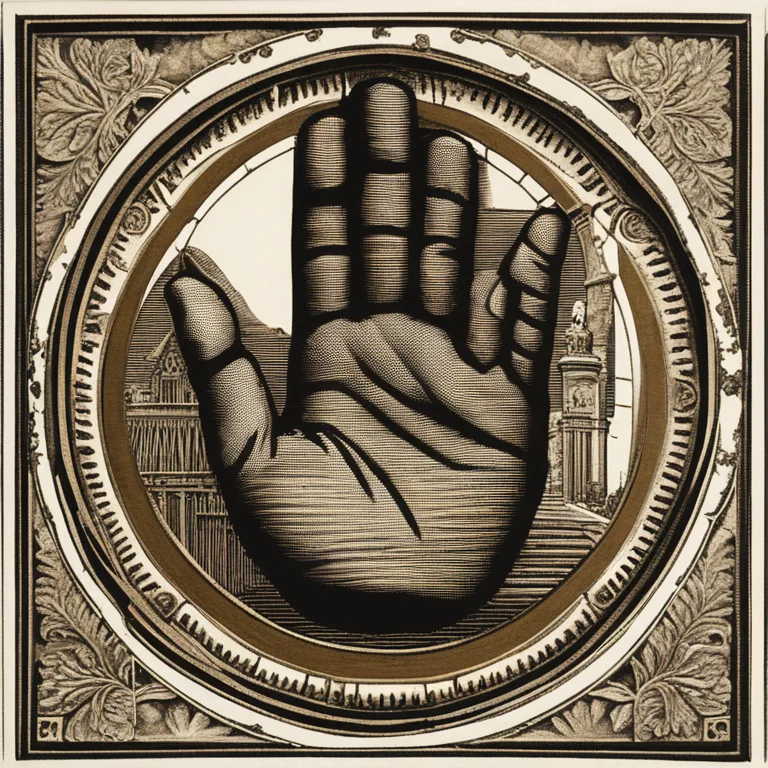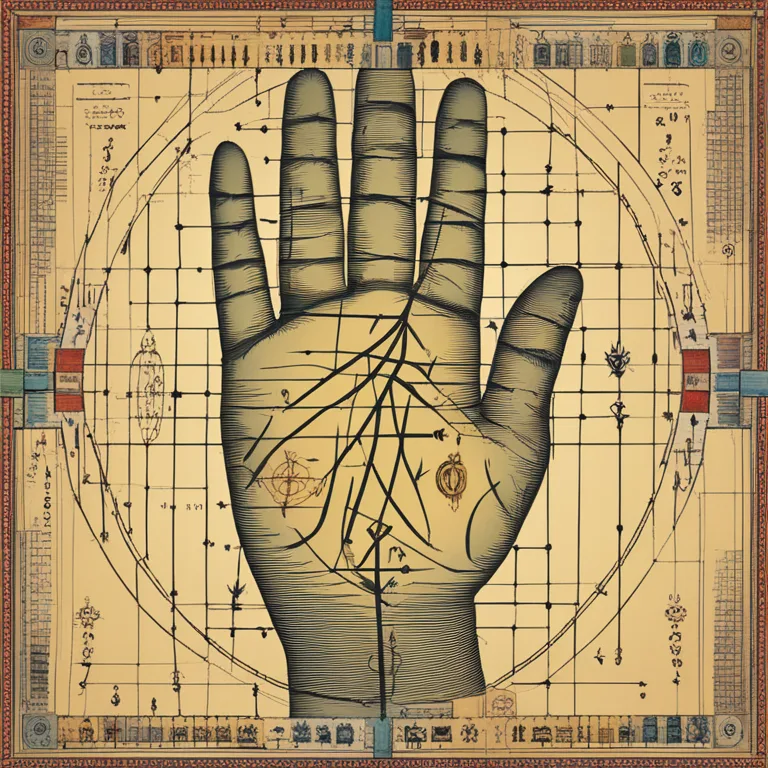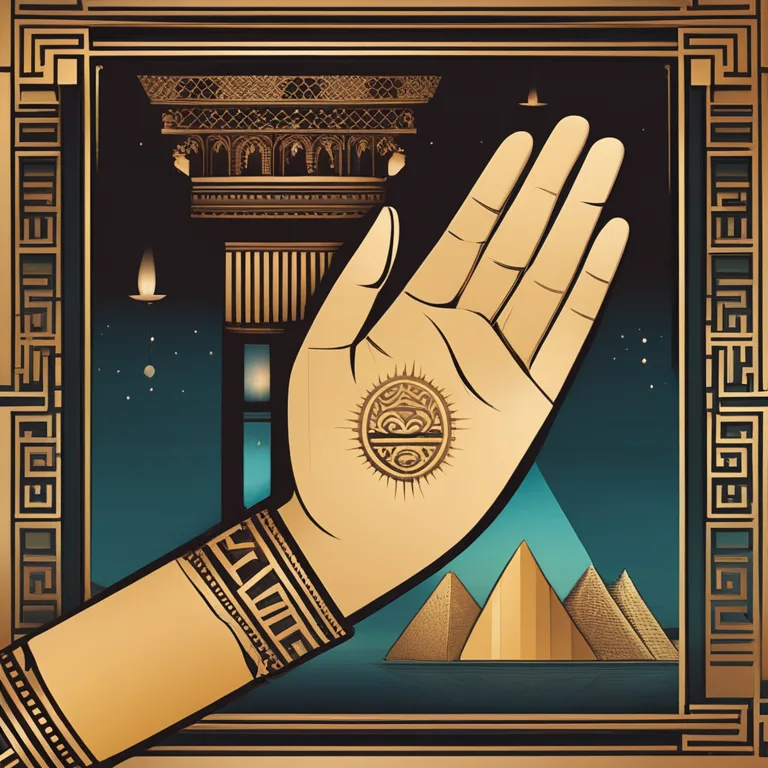
Can Palmistry Forecast Life's Path?
Delve into the art of palmistry and its potential to reveal insights into an individual's future prospects, life events, and personal tendencies.
article by Nora Pennington
Palmistry's Ancient Origins
For thousands of years, palmistry, also known as chiromancy or palm reading, has been utilized as a tool to offer insights and predict certain aspects of a person's life. Having its roots in ancient civilizations such as India, China, and Egypt, palmistry today merges tradition with modern perspectives, continually intriguing those who seek self-awareness and a glimpse into their potential futures. According to palmists, one's palm lines, shapes, and sizes are symbolic of various life aspects, including personality, well-being, and potential future events.

The Lines Speak Volumes
In palmistry, it is believed that the various lines crisscrossing the palm—the heart line, head line, life line, fate line, and others—each hold specific meanings. Advocates of palmistry claim that by analyzing these lines, one can infer potential outcomes or predispositions in an individual's romantic life, career path, health, and lifespan. However, palmists point out that these lines are subject to change over time, suggesting that one's future is not absolutely predetermined, but can be influenced by individual actions and decisions.

Palmistry in the Digital Age
Modern palmistry has embraced the use of technology with the development of apps and online platforms that can analyze palm images using algorithms. As the practice intersects more with technology, interpretations of palmistry remain a mix of traditional understandings and algorithm-based readings. Yet, palmistry is not recognized as a scientific methodology, but rather, a form of divination for entertainment or spiritual guidance.

A Glimpse, Not a Guarantee
While some may herald palmistry as a window to the future, it is important to note that its practice does not guarantee precise predictions. Like other esoteric disciplines such as astrology or tarot, palmistry offers interpretations rather than concrete forecastings. Its use as a predictive tool is subjective and should be coupled with a healthy dose of skepticism and understanding that choices and circumstances play pivotal roles in shaping the future.

The Skepticism Around Palmistry
Skepticism persists around palmistry's ability to predict the future, with critics pointing out the lack of empirical evidence and the practice's reliance on the subjective interpretation of palm readers. Critics argue that any accurate predictions are more likely to result from general statements or the Forer effect, where individuals give high accuracy ratings to descriptions of their personality that supposedly are tailored specifically to them but are, in fact, vague and general enough to apply to a wide range of people.
How to Approach Palmistry
For those interested in exploring palmistry, approaching it with an open yet critical mind is recommended. It can be an enriching experience, promoting introspection and a deeper understanding of one's tendencies and traits. Whether one views palmistry as a fun novelty, a spiritual tool, or a personal journey, it should complement, not dictate, one's choices and path through life.
Published: 1/3/2024
Modified: 1/3/2024
More predictions
Come back here soon to learn more about yourself and your future


The Sun Line in Palmistry: Key to Personal Brilliance
Discover the significance of the Sun line in palmistry and how it could reflect your potential for success, creativity, and fame in this insightful article.


The Palmistry Money Triangle: A Guide to Financial Fortunes
Discover the secrets behind the palmistry money triangle and how it may signify wealth potential in your life.


Palmistry Insights for Love and Marriage
Discover how palmistry can offer insights into your potential for love and marriage through the analysis of hand lines and features.